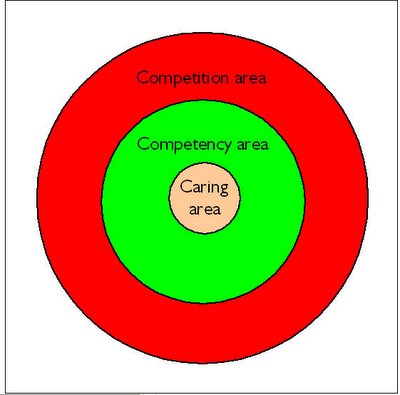$ H3 turns Linkedin into money-machine
Indeed, with H3, you actually get paid a decent "commission" every time you help to put a qualified professional into a vacant job. H3's white paper on Talent Scouts is definitely worth reading, not just literally but also between the lines, where you can almost feel that something new and big is happening; that society is becoming a vast network, and those who know how to play the networking game will win big time -- socially, economically and politically.

